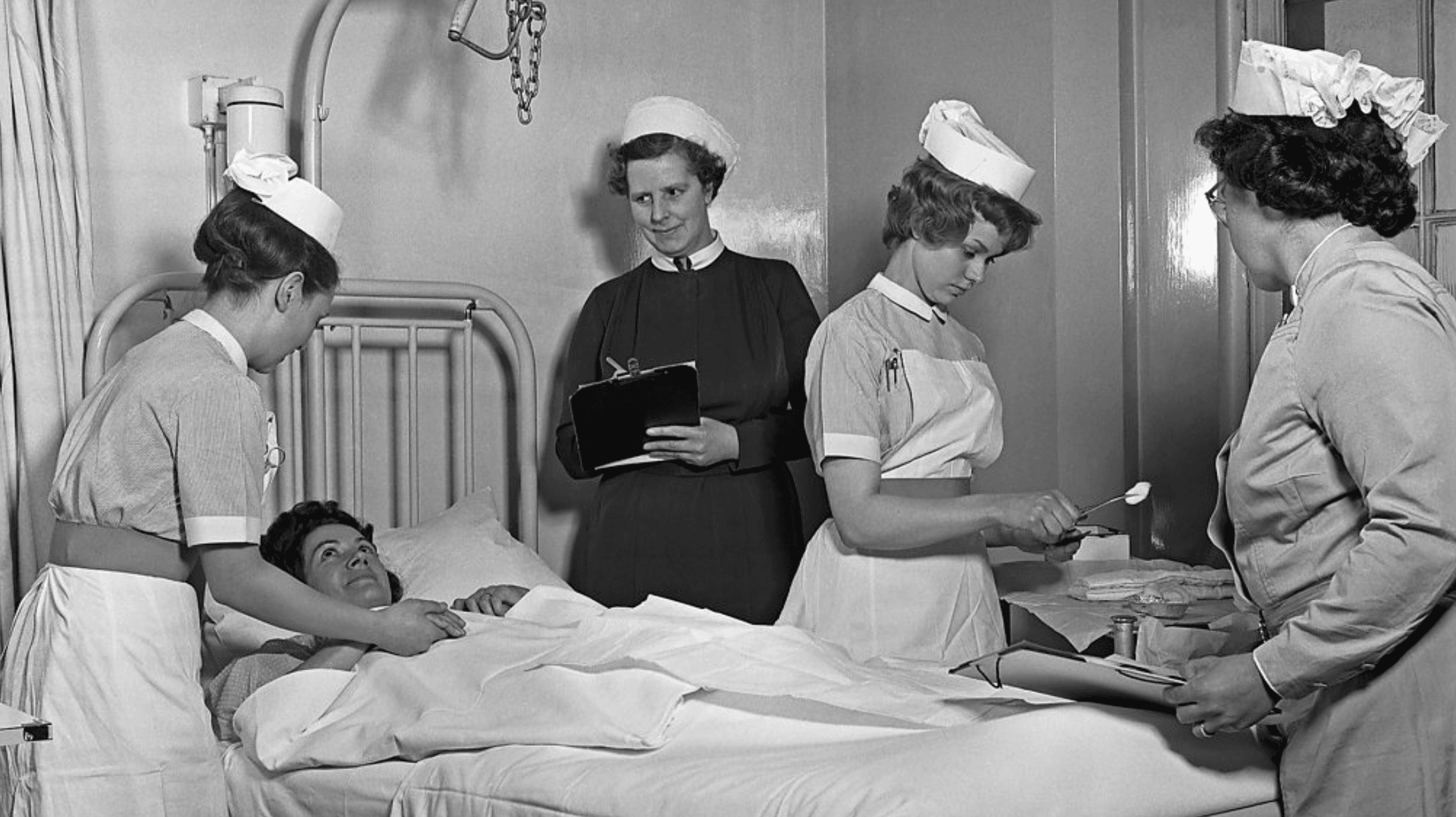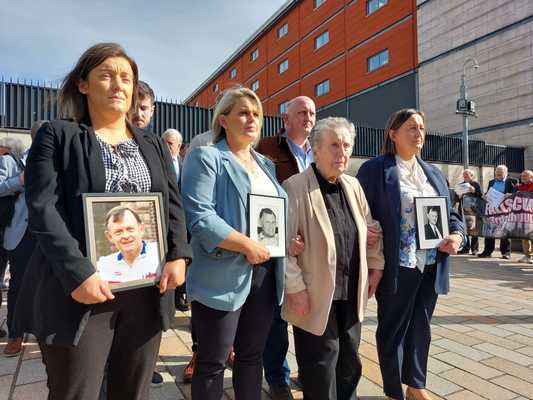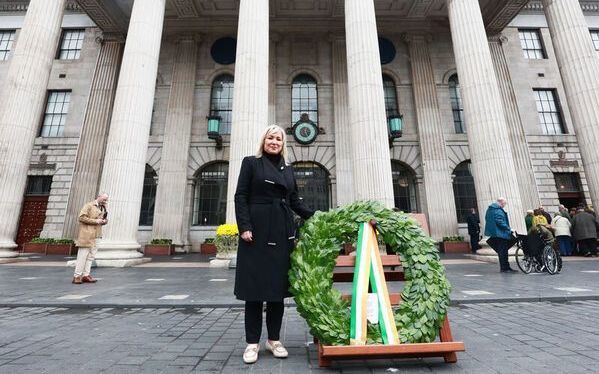EARLY into 'The NHS: A People's History (BBC1), a voice notes: “The NHS is seventy-five this year and it’s come a long way.” I’m pretty sure they meant it as a compliment. The documentary – much of it old black and white film – did chart the NHS’s development, but the emphasis, for better or worse, was on individual stories.
June Rosen, a retired physiotherapist, recalled someone important staying overnight in their house in early July 1948. She wasn’t sure who was the man with the mop of grey hair and striped pyjamas. It was in fact Aneurin Bevan, the man who planned and launched the NHS the following day. It instantly became the third biggest employer in Britain. A doctor who started working on July 5, 1948 – the date the NHS was launched – asked who was the anaesthetist for an operation. He was told “You are," even though he wasn’t particularly knowledgeable about that area of medicine.
Within three years of its launch, the government began to trim back a bit. People had to start paying for prescriptions and glasses. On the positive side, there were major break-throughs in medical treatment.
Revealingly, the programme noted that when the NHS was first proposed, around 80 per cent of doctors were opposed to it. At the time, doctors were regarded with huge respect, reverence even, so of course they didn’t like becoming mere servants of the state. The general British population, on the other hand, welcomed the opportunity to be treated for nothing; prior to the NHS a visit to your GP meant you were parted from five shillings – near to £10 today. But the new service wasn’t ready for the numbers of people needing treatment who, until now, had suffered in silence. And so the NHS waiting list was born.
We’re used to the NHS – or a watered-down version of it – but then it was truly revolutionary. It was free at the point of use, was available for everyone. Free prescription, free glasses, free hearing aids – you name it, they got it. But there was a massive shortage of medical people and the Brits looked across to Ireland. This was exemplified by a woman called Mary who couldn’t wait to get away from the nuns and whose mother gave her a prayer book as a going-away present. When Mary got married in a registry office, her mother never spoke to her again. Women from the West Indies also joined Britain’s new health system, soon discovering that not all the patients were appreciative of them: “Get your black hands off me!”
Within three years of its launch, the government began to trim back a bit. People had to start paying for prescriptions and glasses. On the positive side, there were major break-throughs in medical treatment. A Dr John Charnley treated osteoarthritis and invented the hip replacement. Once a wonder, the presenter spoke to a doctor today who reckoned he’d performed around 2,000 hip replacements. So far. The technique has been streamlined but it’s still Dr Charnley’s breakthrough. “We’re standing on the shoulders of giants,” somebody commented. A cliché but true. The same could be said of the entire NHS system. Meanwhile, the Tory government is intent on destroying Bevan’s legacy.









